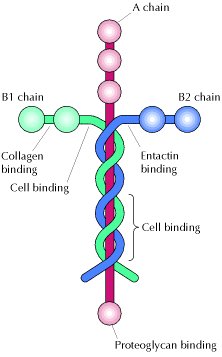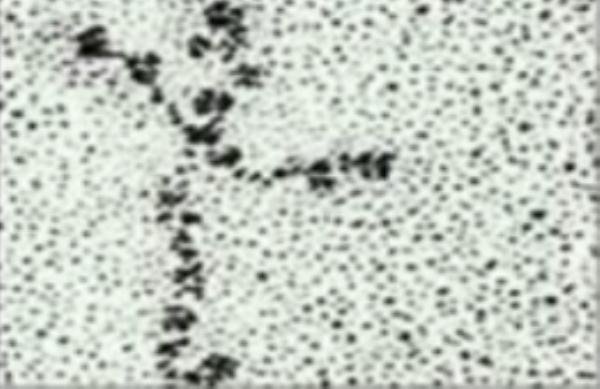He’s a music man and he sells clarinets to the kids in the town with the big trombones and the rat-a-tat drums, big barass bass, big brass bass, and the piccolo, the piccolo with uniforms, too with a shiny gold braid on the coat and a big red stripe runnin . . .
If you don’t know what that is, it’s a line from the Broadway Musical called The Music Man. Why am I posting this? Because I was just cast as Harold Hill in our local community theater’s production of this classic Broadway Hit.
Anderson Mainstage’s 2009 Schedule
So…if anyone is in Anderson, Indiana for the first two weekends of October, feel free to come see me make a fool of myself!


